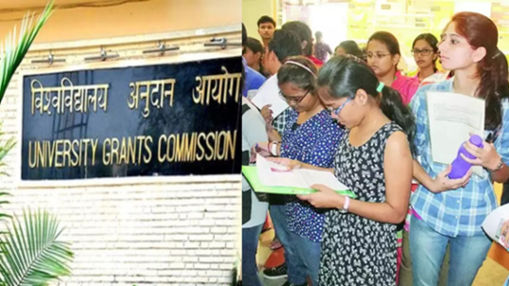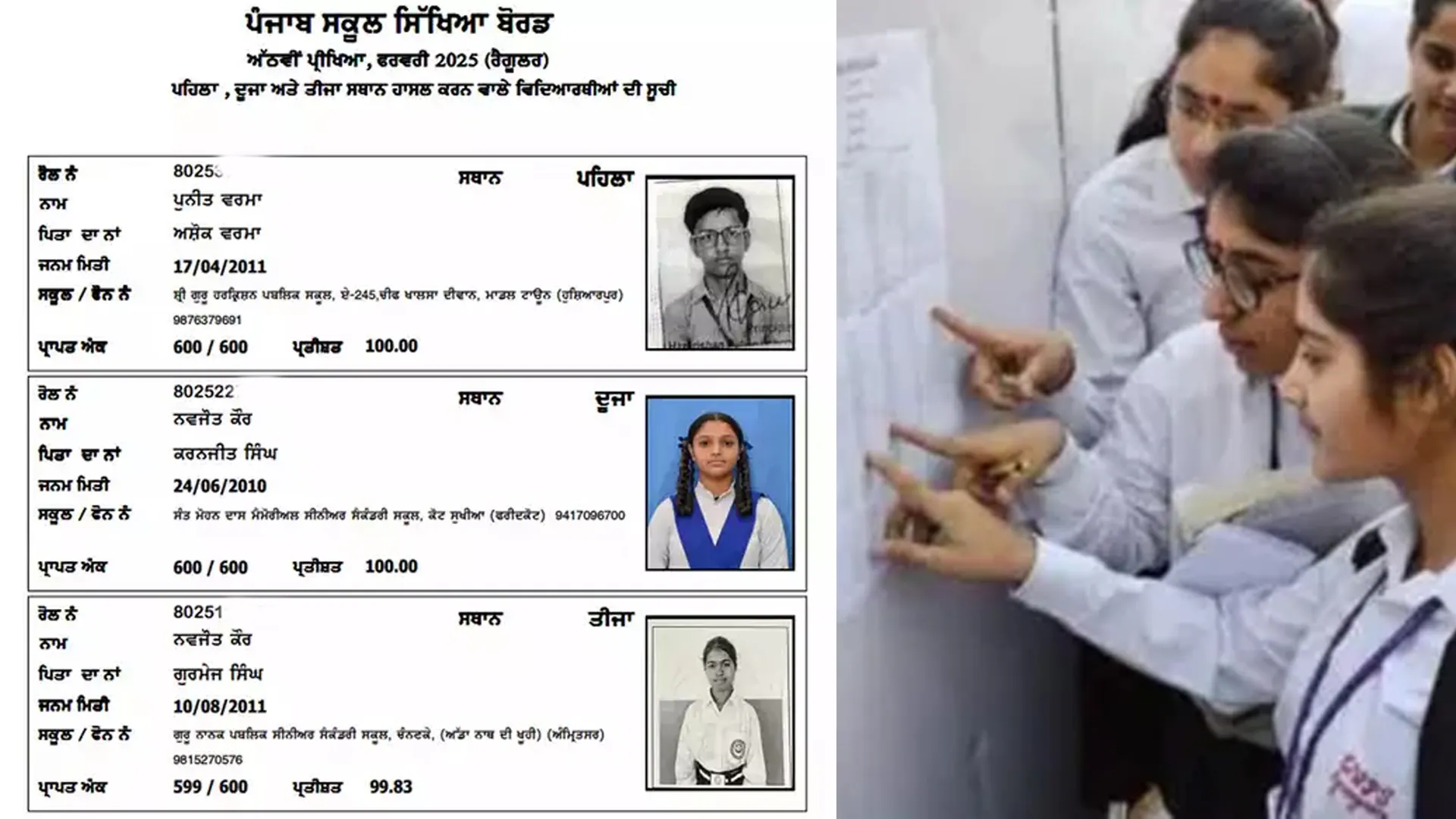The University Grants Commission (UGC) has announced significant changes for the Common University Entrance Test (CUET) 2025. Many students in Delhi believe these updates will improve flexibility and make the examination process more student-friendly.
Broader Subject Options for Students
One Delhi student pointed out that the changes allow those who studied subjects like History in school to opt for fields such as Psychology and Economics in college. However, the student also raised concerns about the mandatory nature of all questions.
“If they have made some modifications, there are a few benefits. If someone has History, Geography and Political Science as their subjects, they can have Psychology and Economics as well…If they are making all the questions compulsory, negative marking should be removed,” the student said.
Extended Time Addresses Concerns
Additionally, another student, Rehan, praised the decision to increase the exam duration to 60 minutes. Previously, the 45-minute limit made it difficult to complete 40 questions. This extension, according to Rehan, is a welcome relief for students. He also appreciated the flexibility to choose any subject from any stream.
“The timing (for the exam) has been revised to 60 minutes, it is good because it was not possible to finish 40 questions within 45 minutes…It is good that now anyone from any stream can write the exam for any stream. They can choose subjects of their interest…” Rehan said.
More Time to Attempt Questions
Similarly, Happy Yadav, a student from Dayal Singh College, expressed his approval of the revised timing. He noted that this change will allow students to attempt more questions and make better use of their knowledge. Furthermore, Yadav applauded the opportunity for students to explore subjects outside their traditional streams, which is especially useful for those reconsidering their career paths after 12th grade.
“We had given the exam and the time duration was only 45 minutes. It is good that the time (to write the exam) has been extended now. It is good for students to attempt a maximum number of questions. Students can now study subjects from different streams. It is good for those whose perception changes after the 12th,” Yadav added.
Key Changes in Exam Format
Moreover, UGC Chairman M. Jagadesh Kumar provided details about the changes. Each paper will now carry 250 marks, with five marks awarded for correct answers and a one-mark penalty for incorrect responses. Students will have to answer all 50 questions, unlike last year when they could skip 10. This ensures a uniform assessment standard across all subjects.
“Last year, a few subjects had 60 minutes of test duration and a few subjects had 45 minutes. But this year, we are allowing 1 hour (60 minutes) of duration for all subjects. Last year, there were 50 questions out of which students could opt for 40. But this year, all 50 questions would be compulsory. Because all subjects will have 50 questions…the correct answer will get five marks each while the incorrect answer will be marked minus one. All papers will have 250 marks,” Kumar told.
Fewer Subject Choices Streamline the Process
In addition to these changes, the UGC has reduced the number of available subjects. The total has dropped from 60 to 37, as nearly 20 language subjects and six domain-specific ones have been discontinued. This step aims to simplify the examination process and make it more focused.
Aims of the Reforms
Overall, the UGC intends to create a fairer and more standardized examination system. These reforms aim to provide students with more opportunities to explore their interests while ensuring they have enough time and resources to succeed.























